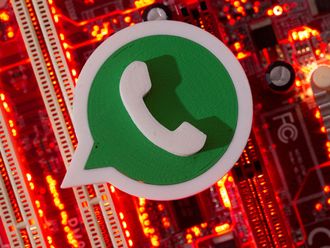How many cans for a burger?
This is not an existential question, but is actually possible in Sweden. McDonald’s has launched a campaign there that lets consumers pay for burgers with recyclable cans. Advertising panels around the city announced the offer with a roll of plastic bags that could be used to collect the discarded cans.
Each bag lists the promotion — 10 cans for a hamburger or cheeseburger and 40 for a Big Mac. The billboards were strategically placed near parks or summer festival locations with their big concentrations of young people with cans and empty wallets.
“Youngsters don’t always have so much cash, but sometimes they can get empty cans,” says DDB Stockholm’s creative Simon Higby. “So, accepting cans in return for burgers gets them to McDonald’s and the cans to the recycling depot. Everyone’s happy.”
This initiative may help increase the frequency of the young to the outlets. According to Wall Street Journal, the percentage of those between 19 to 21 years visiting a McDonald’s monthly has dropped by around 13 per cent points since 2013.
With consumers ever more conscious about the impact of industrialisation on our planet, environmental issues are on the big companies’ agenda.
For instance, Unilever has eliminated 99 per cent of PVC (polyvinyl chloride) packaging from their portfolio since 2012. Due to the number of concerns that surround the use of PVC, some governments such as Netherlands and Germany officially discourage its use.
Coca-Cola created the first ever fully recyclable PET plastic beverage bottle made partially from plants. It used a process that turns sugarcane into a key component of PET plastic. The advantage of a PET packaging is that the material can be recycled repeatedly.











